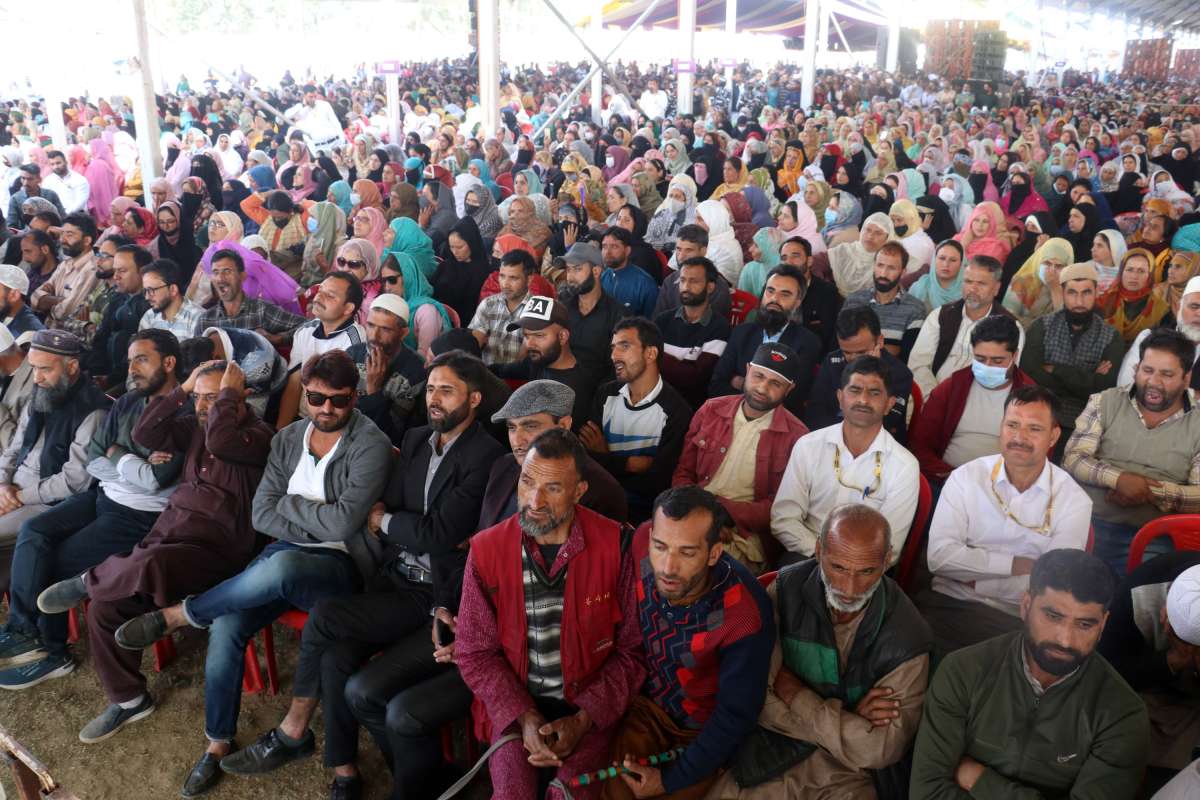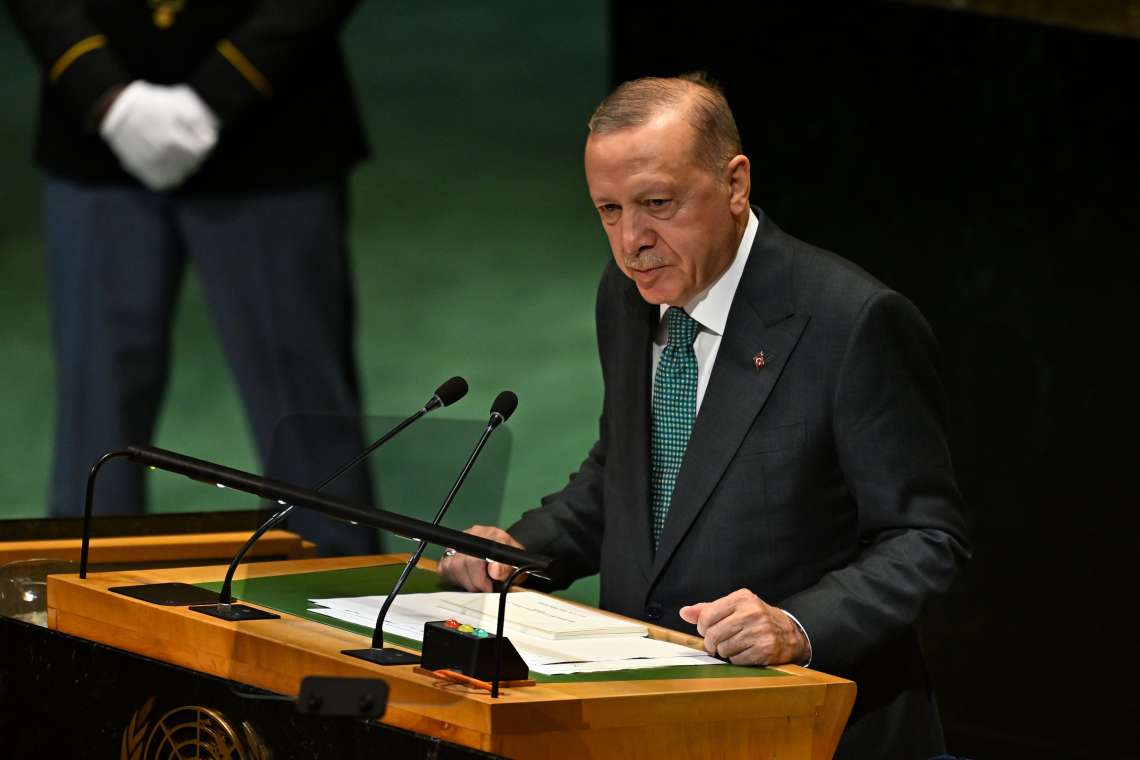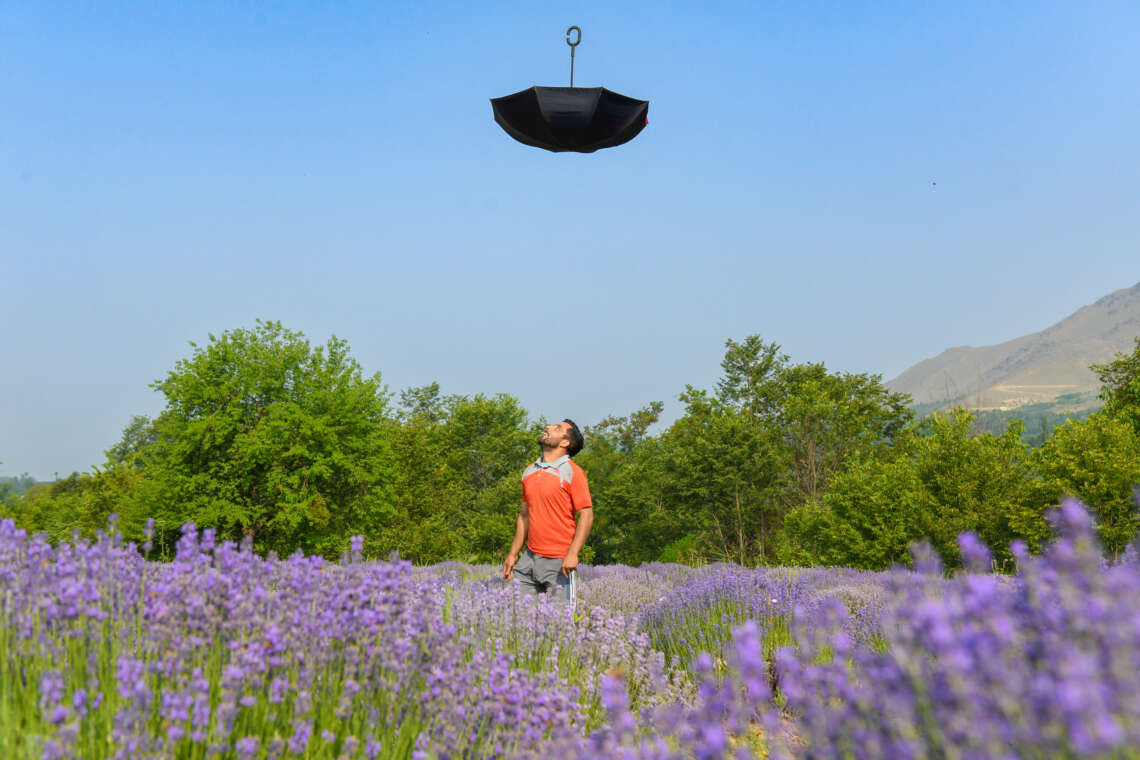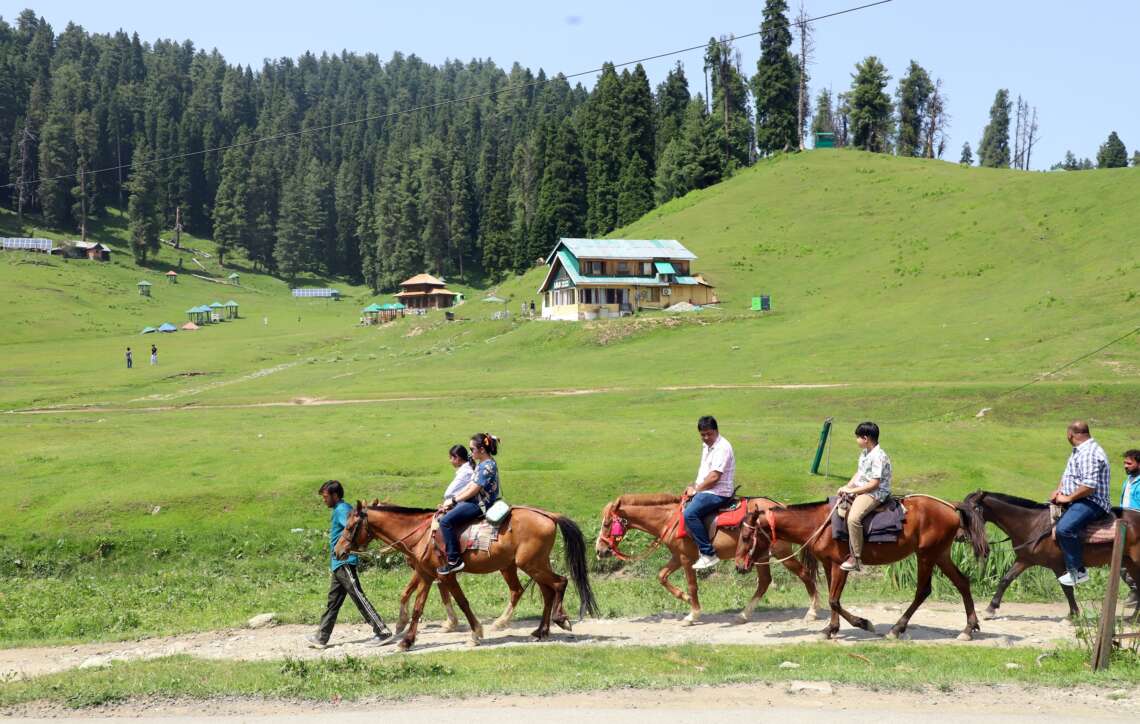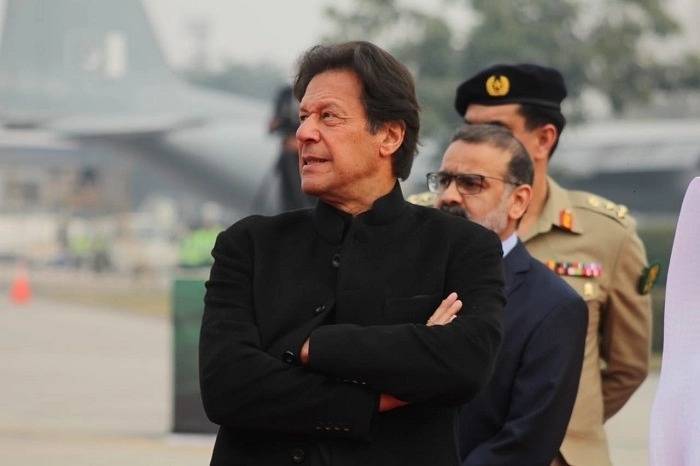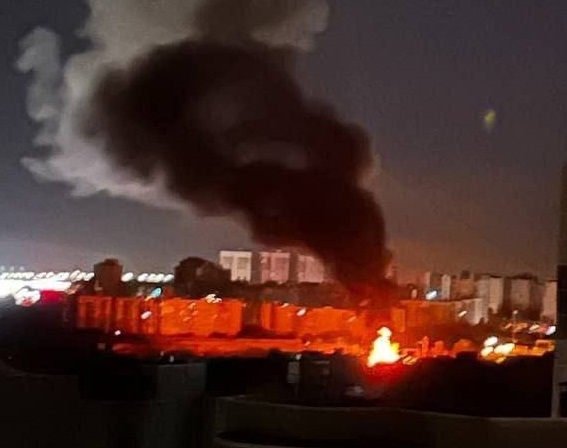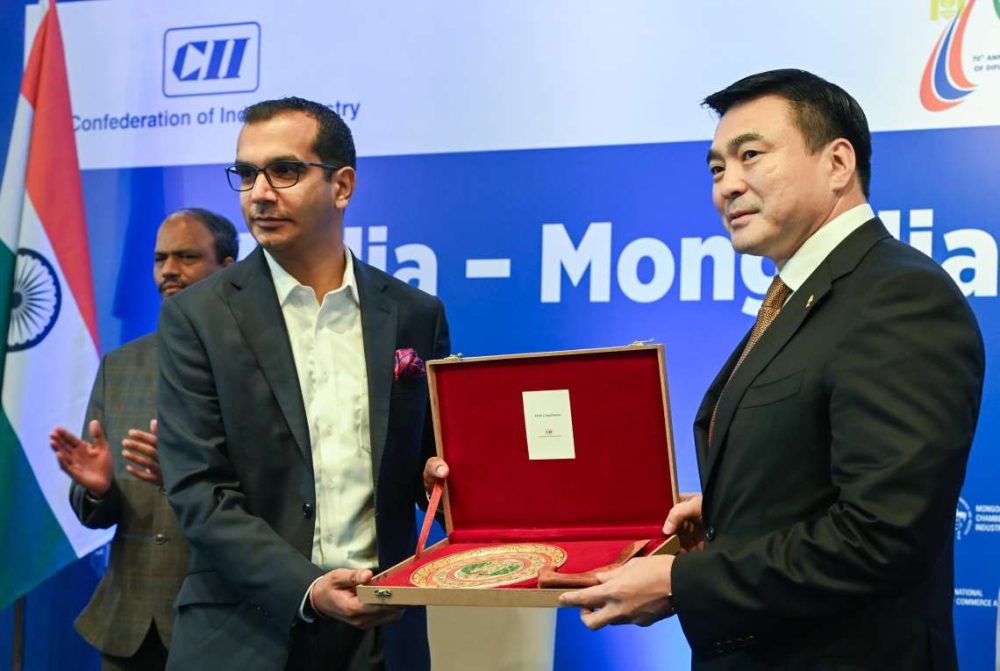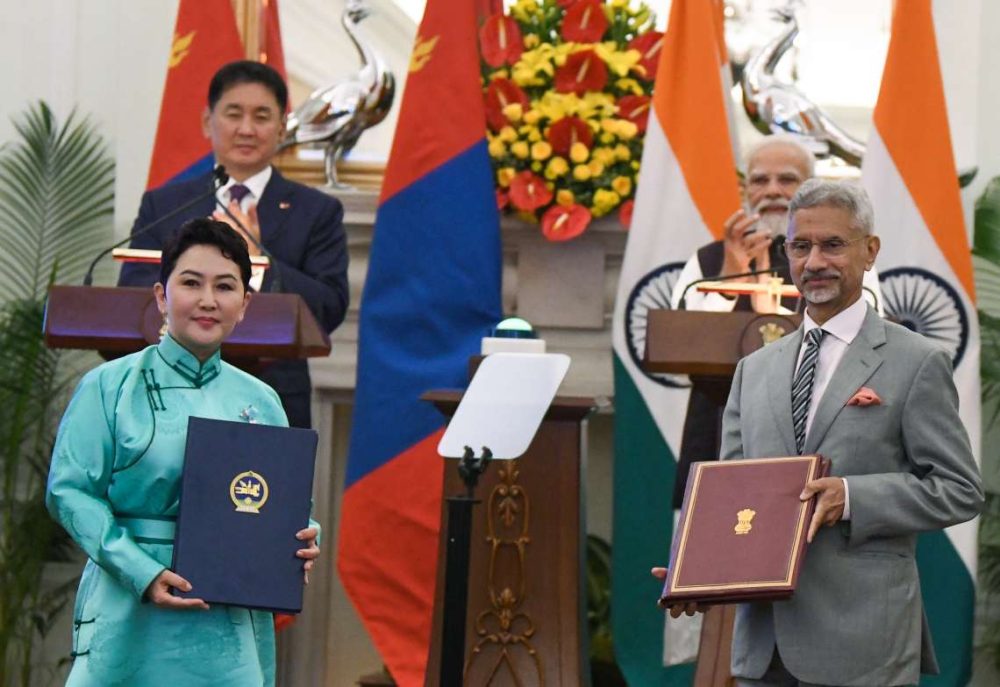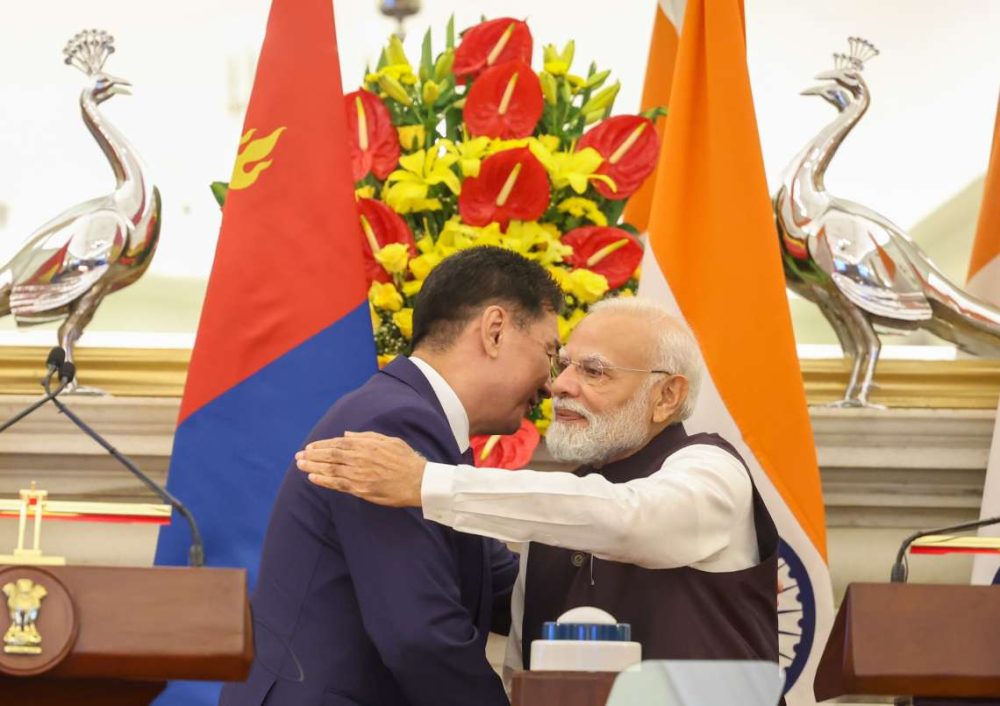By announcing the insurance cover for all, the government has once again proven that it cares for its people and treats everyone equally…reports Asian Lite News
For the first time in 70-years the entire workforce, including ones in the unorganized sector, in Jammu and Kashmir have been provided with an insurance cover of Rs 2 lakhs. The premium of the insurance would be paid by the Labour and Employment Department.
The historic decision taken by the dispensation led by J&K Lieutenant Governor, Manoj Sinha, would benefit lakhs of unorganised workers as they have nothing to fall back on except the wages which they earn on a day to day basis.
The insurance cover extended by the government would at least provide a succour to the family members of the small-time workers in case of any eventuality.
Since 1947, the labour class in J&K has been at the receiving end. Former rulers, who used to claim that they are Messiahs (saviours) of people for seven long decades, couldn’t come up with any comprehensive plan to provide any kind of security to the workers in the unorganized sector. They offered lip service rather than doing anything concrete for them.
Till August 5, 2019 –when the Centre announced its decision to abrogate J&K’s special status and bifurcate it into two Union Territories-for politicians the workers in the unorganized sector were nothing more than instruments that were used as vote banks and dumped after every election. The so-called Messiahs didn’t ever get time to spare a thought for them and their families.
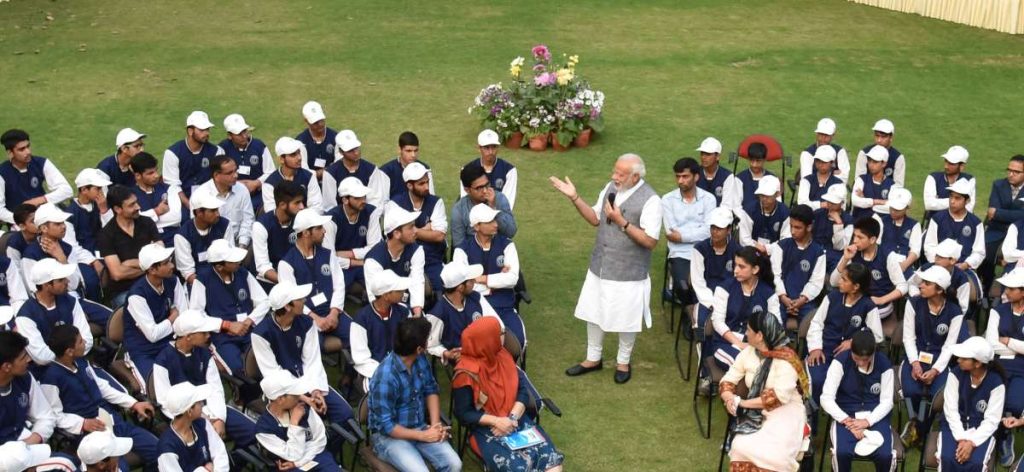
PM Modi real Messiah
Prime Minister, Narendra Modi, without making any noise has emerged as the real Messiah (saviour) for J&K people in true sense. By revoking Article 370, a temporary provision in the Constitution of India, the regime led by PM Modi integrated J&K completely with the Union of India.
The bold step taken by PM Modi extended all the centrally sponsored schemes to Jammu and Kashmir. A common J&K resident, who couldn’t become a part of the country’s progress and development for 70-years, has been provided with benefits of the centrally sponsored schemes at his doorstep. He has been the biggest beneficiary.
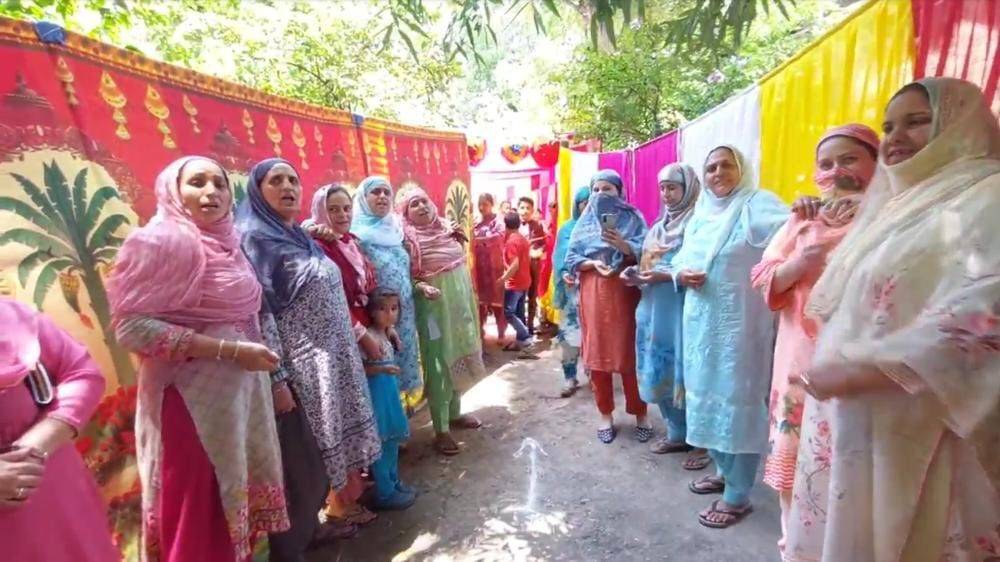
All are equal
The J&K Government extending Rs 2 lakh insurance cover to the entire workforce has come as a ray of light for the section of the society that ensures that all tasks are accomplished. The unorganized sector mostly comprises the labourers who sweat themselves out to ensure the comfort of others. Unfortunately this section in the erstwhile J&K State was always looked down upon as none of the rulers ever paid any attention to their issues and traumas.
By announcing the insurance cover for all, the government has once again proven that it cares for its people and treats everyone equally. The unorganised workforce has always been an ignored section of the society despite the fact that it’s the backbone of development.
No building or project can be built without the workers of unorganized sectors. They simply put in their heart and sweat into everything they do for the wages they earn. They neither demand any job security, nor guarantee for the future.
The dispensation led by J&K Lieutenant Governor has made a humble beginning by sending a message that no one would be ignored in a regime led by PM Modi.
Besides providing an insurance cover, the J&K Government is keeping a strict vigil to ensure that these poor labourers are not exploited by anyone.
Strict directions have been issued to the officials to make sure that health, safety and social security benefits like financial assistance are extended to the unorganized workforce in the Union Territory. They have been asked to provide scholarships to the children of labourers and enroll them in schools so that they can shape up their lives.
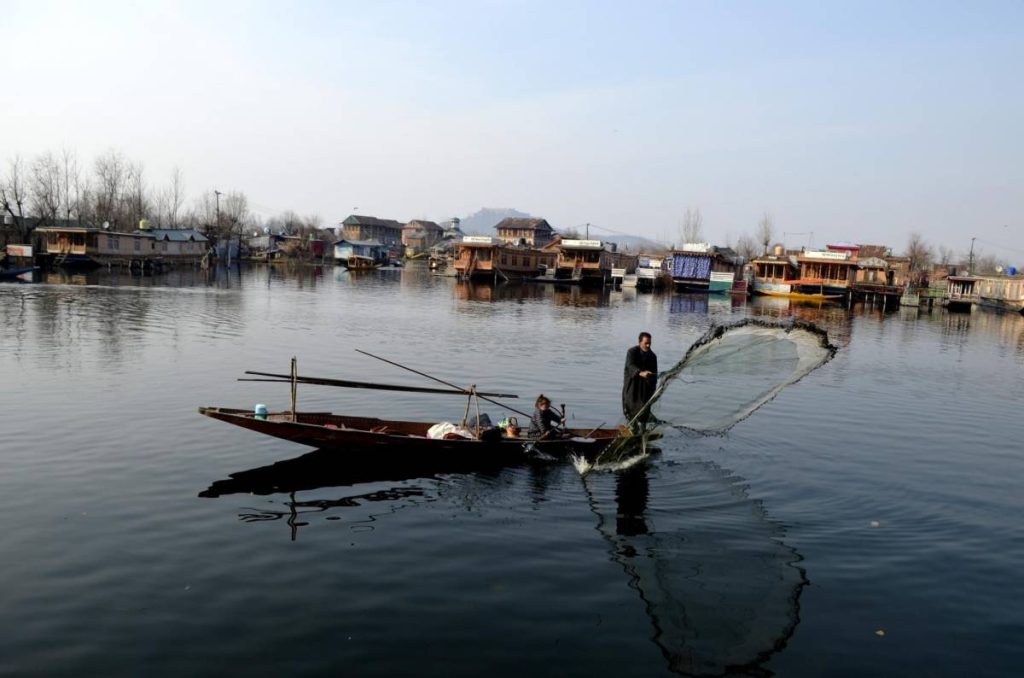
Street Vendors Act
In February 2021 the J&K Government under the Street Vendors (Protection of Livelihood and Regulation of Street Vending) Act, 2014 had unveiled the scheme for the street vendors and regulation of vending in the Union Territory.
The scheme is applicable in all the municipal bodies/municipalities in Jammu and Kashmir.
According to the guidelines of the scheme the town vending committee of the concerned urban local body, such as a municipal corporation or municipal council were authorized to conduct the survey of street vendors itself or get it done through a suitable agency.
The survey had to be conducted by the local bodies to identify all street vendors within the area of their jurisdiction and the natural markets developed over the years by holding a spot verification.
The survey had to record the identity of the street vendor, whether the vendor is a mobile vendor or a stationary vendor of a lane, sidewalk, footpath, pavement, public park, or in any other public place or private area.
Any vendor above 18-years of age, according to the scheme guidelines, was eligible for a grant of a certificate of vending if he was a citizen of India and had no other means of livelihood except street vending.
The town vending committees were authorized to fix vending fees depending on the footfall of the area.
After the scheme was implemented thousands of street vendors were provided with the registration certificates, and their bank accounts were opened. They were provided with financial aid and other benefits.
The move brought the street vendors at par with all the businessmen whether big or small and opening of bank accounts increased the number of digital transactions. As on date street vendors in J&K don’t deal in cash anymore. Customers pay them through various digital modes like M-Pay, G-Pay etc.
Street vendors have been registered and provided with certificates so that they don’t feel insecure and threatened.
In ‘Naya Jammu and Kashmir’ their livelihoods have been secured. No one can stop them from carrying on with their business at their fixed places.
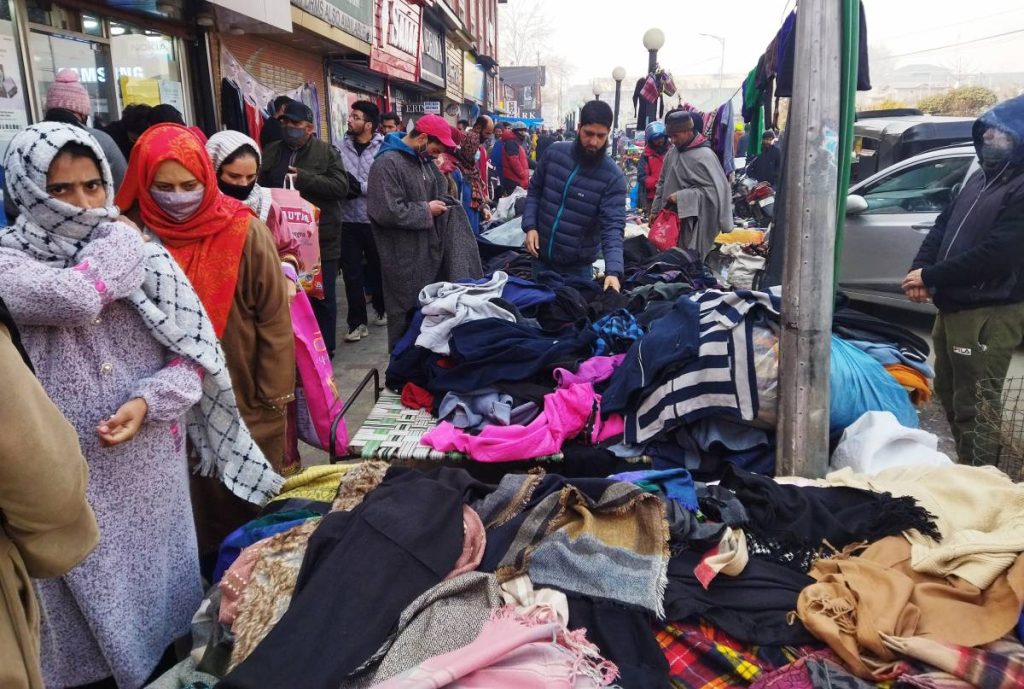
Minimum Wages Act
Earlier this month the J&K Government notified revised minimum rates of wages in respect of scheduled government engagements.
The Advisory Board constituted by the government recommended a 38 percent increase in minimum wages equivalent to the Dearness Allowance the Government employees are getting at present. And the recommendations of the Board were implemented.
Revised rates include Rs 311 per day for unskilled workers, Rs 400 for semi-skilled, Rs 483 for skilled staff, Rs 552 for highly skilled and Rs 449 for administrative/ ministerial workers.
Former J&K rulers during their tenures employed thousands of daily wagers with a promise that they would be regularized. But they were unable to keep up their pledges due to the financial implications.
The politicians couldn’t even implement the Minimum Wages Act. Many daily wagers were not even paid their wages for years as the government had no specified fund for them.
During the past three years the system has been revamped and efforts have been put to ensure that the daily wagers don’t suffer. The 36 per cent hike in their wages has come as a respite for them.
The steps that have been taken by the government during the past three years have addressed the alienation and the void that had been created by the leaders who used to claim that Article 370 is a bridge between J&K and New Delhi.
Time has proven that J&K’s so-called special status was nothing more than a stumbling block, which kept the J&K people deprived of the benefits they were entitled to.


